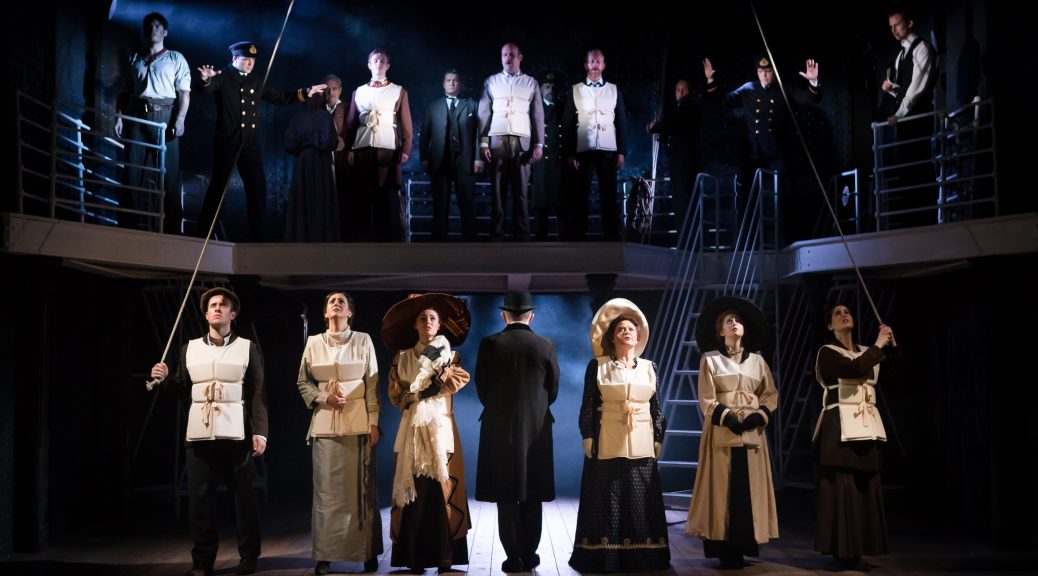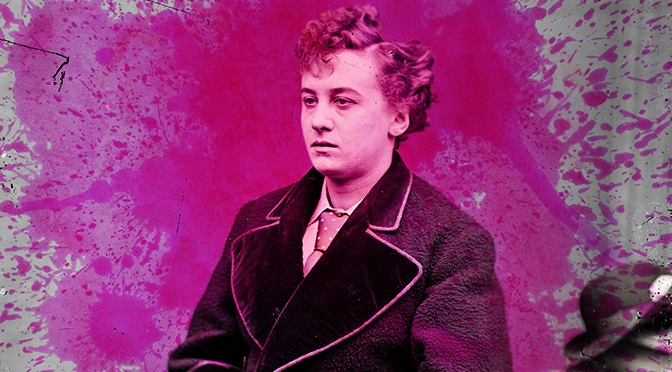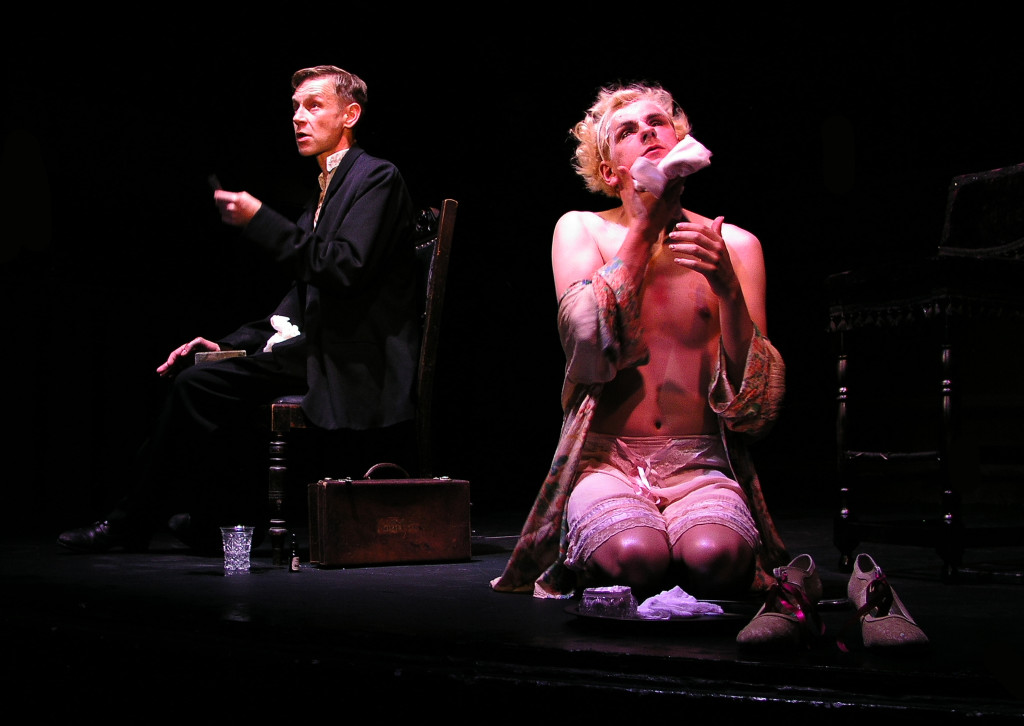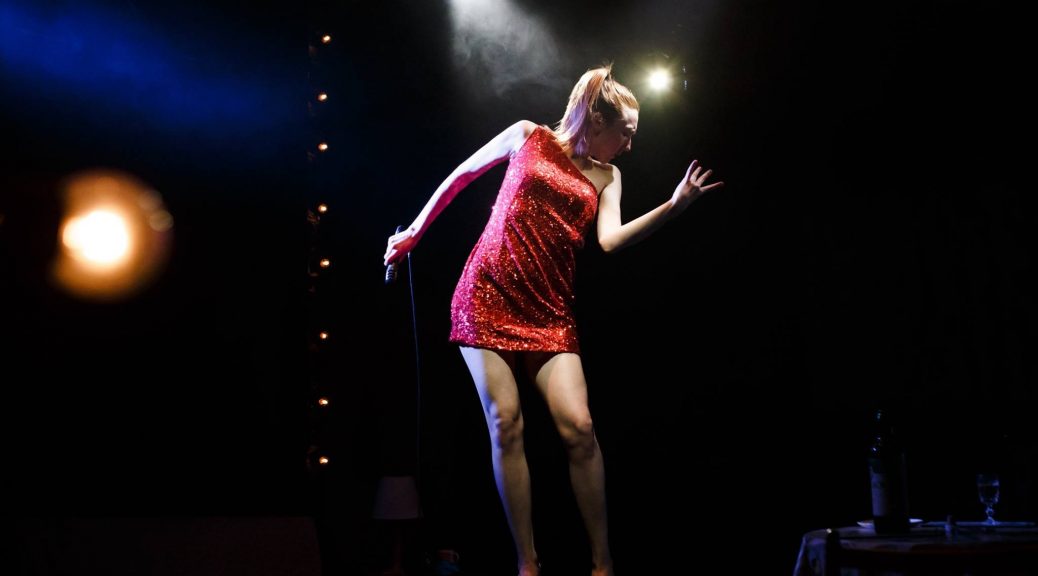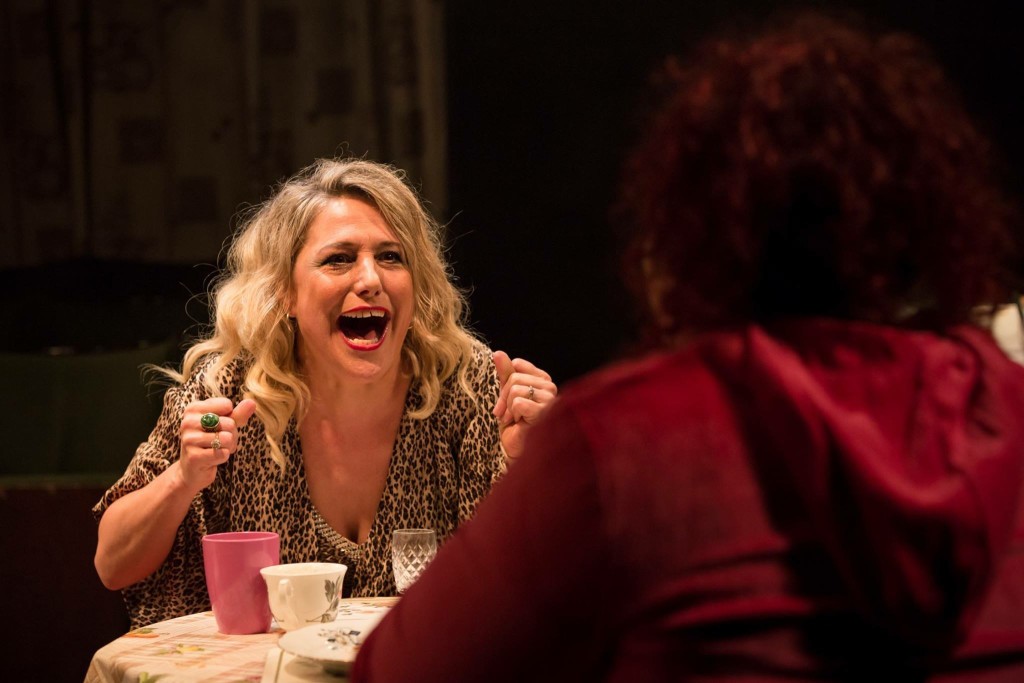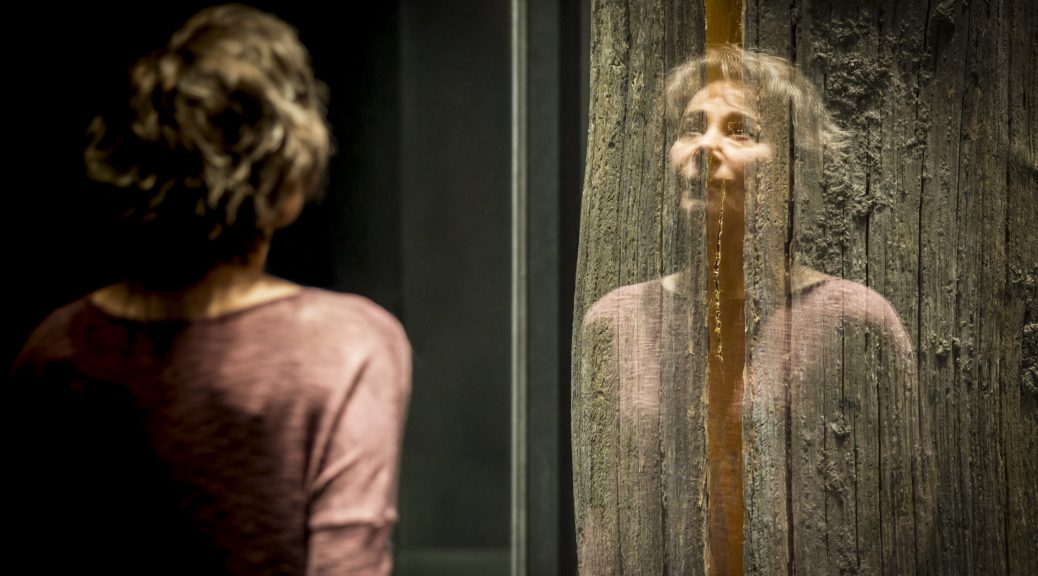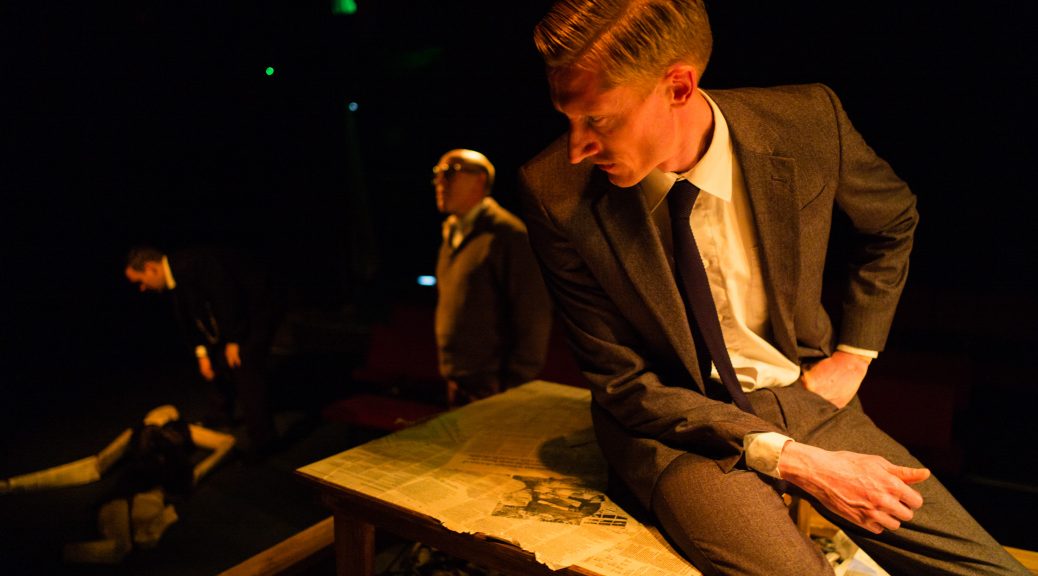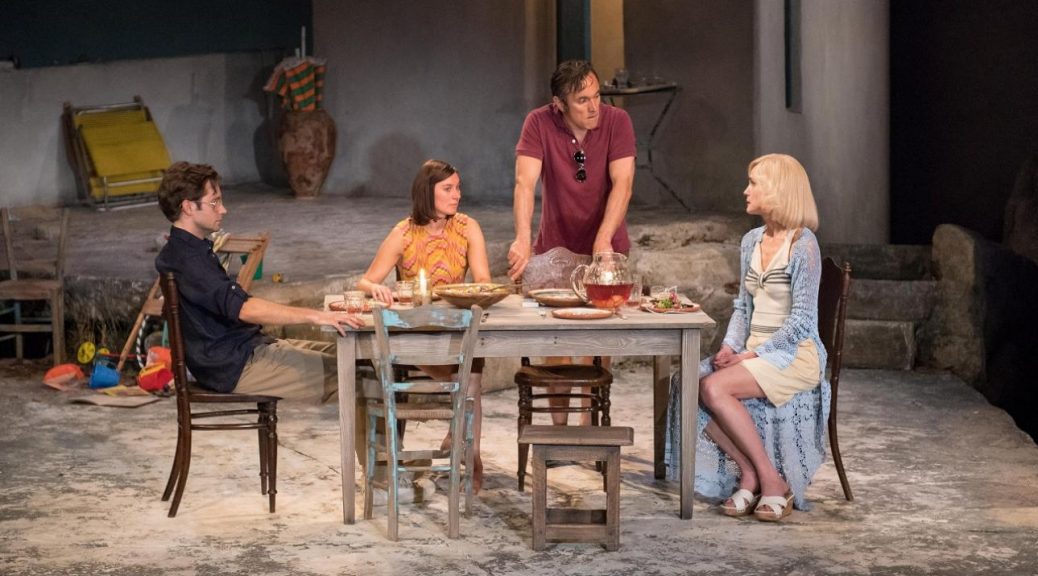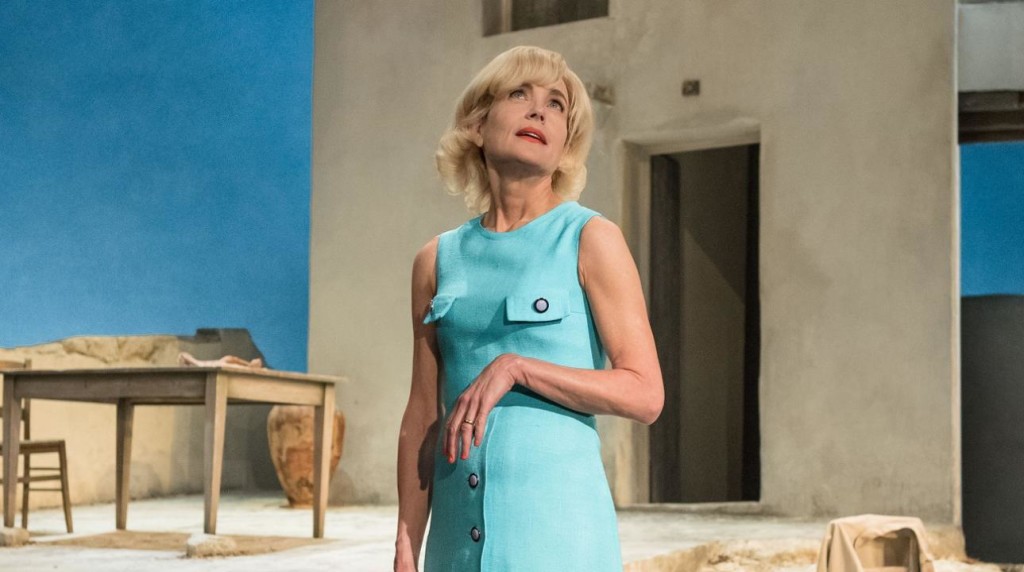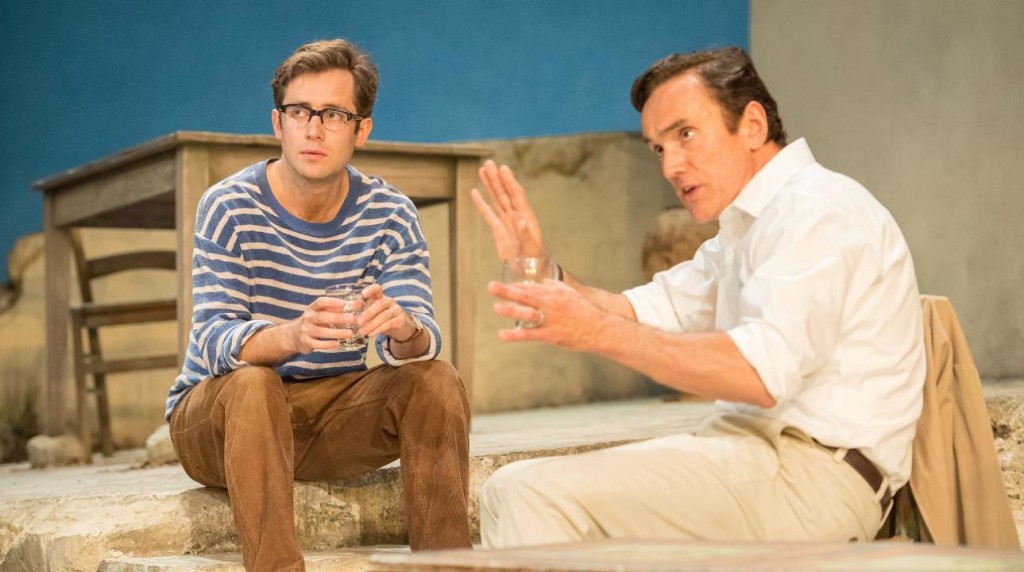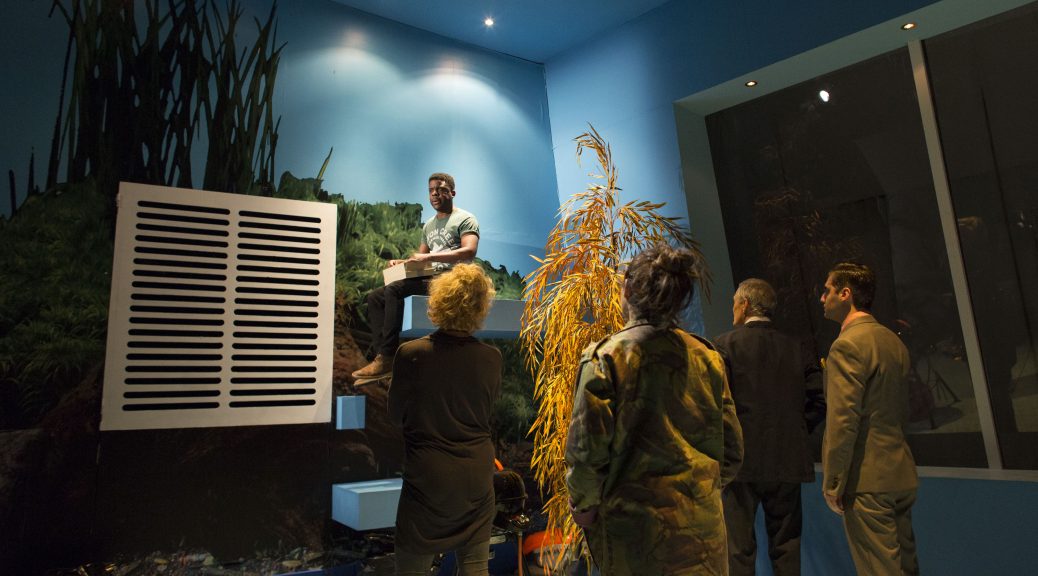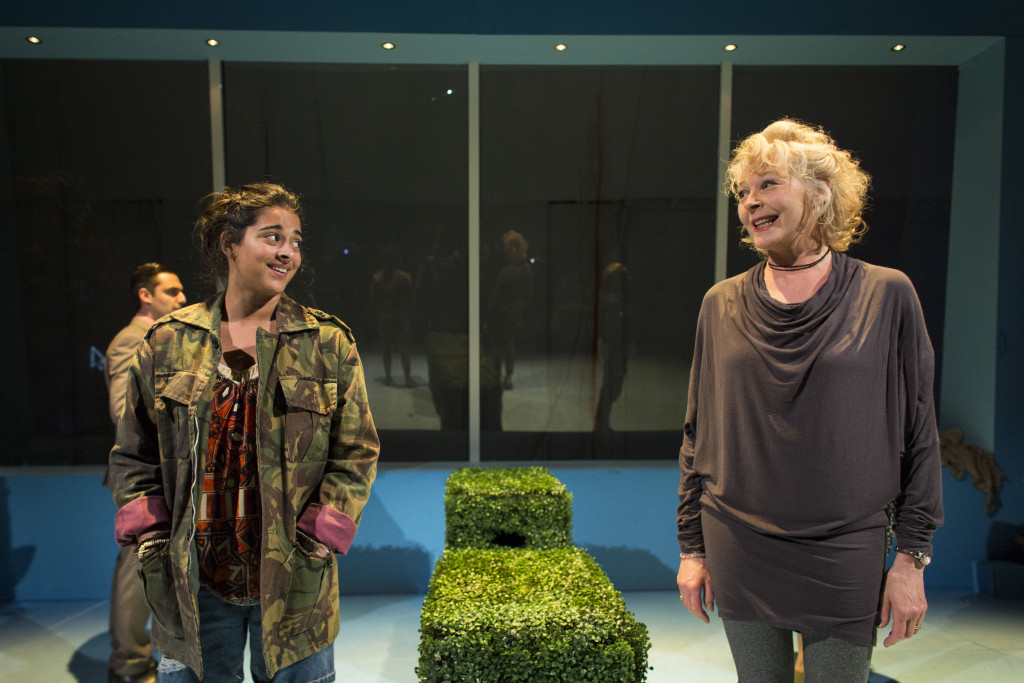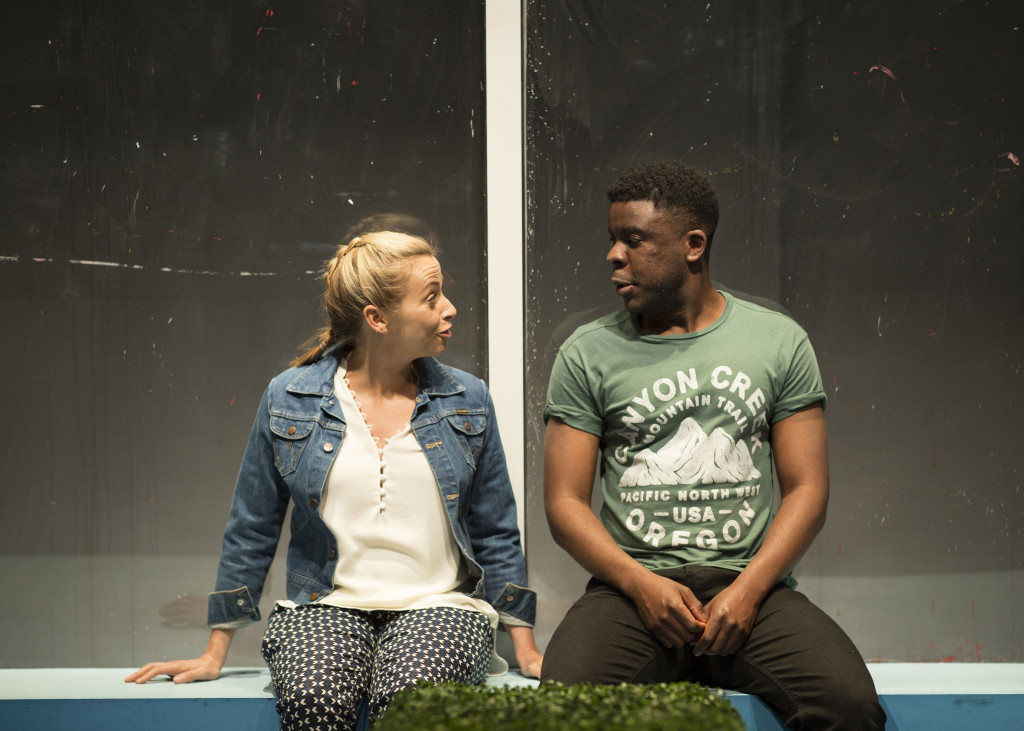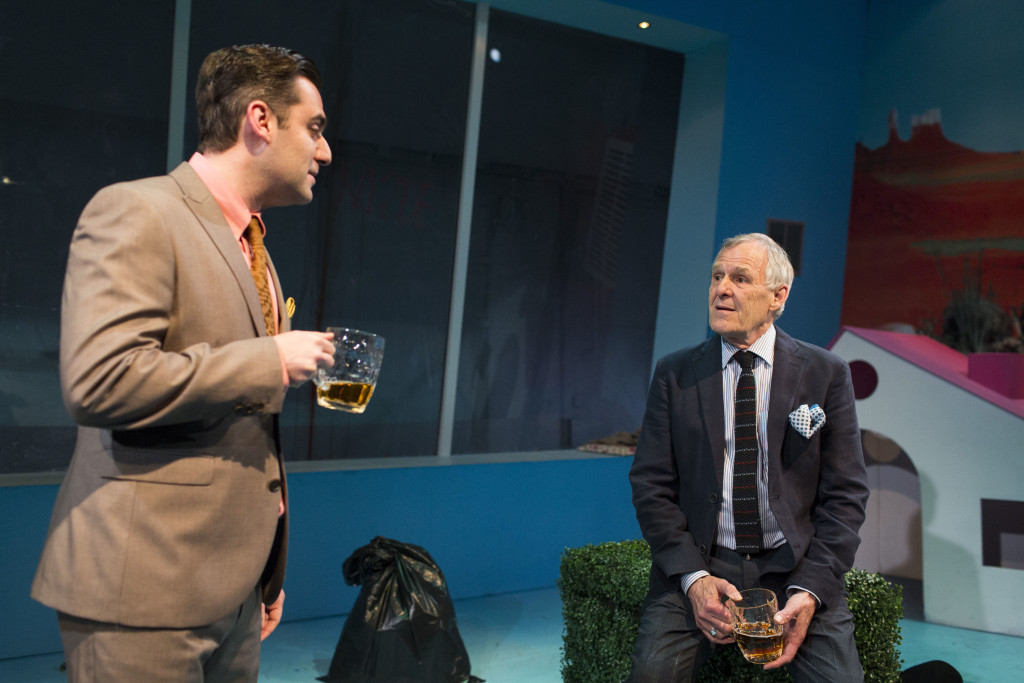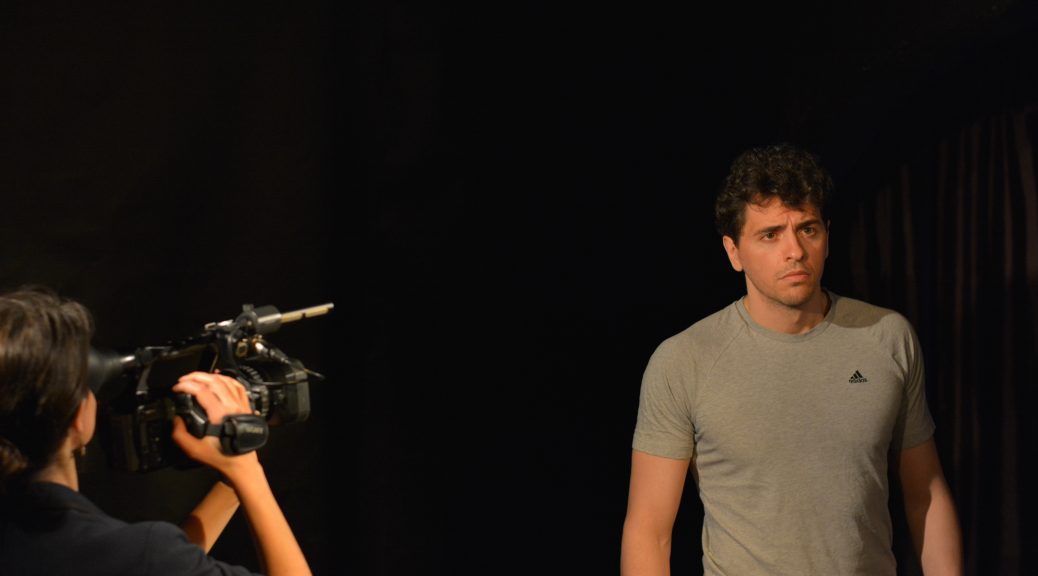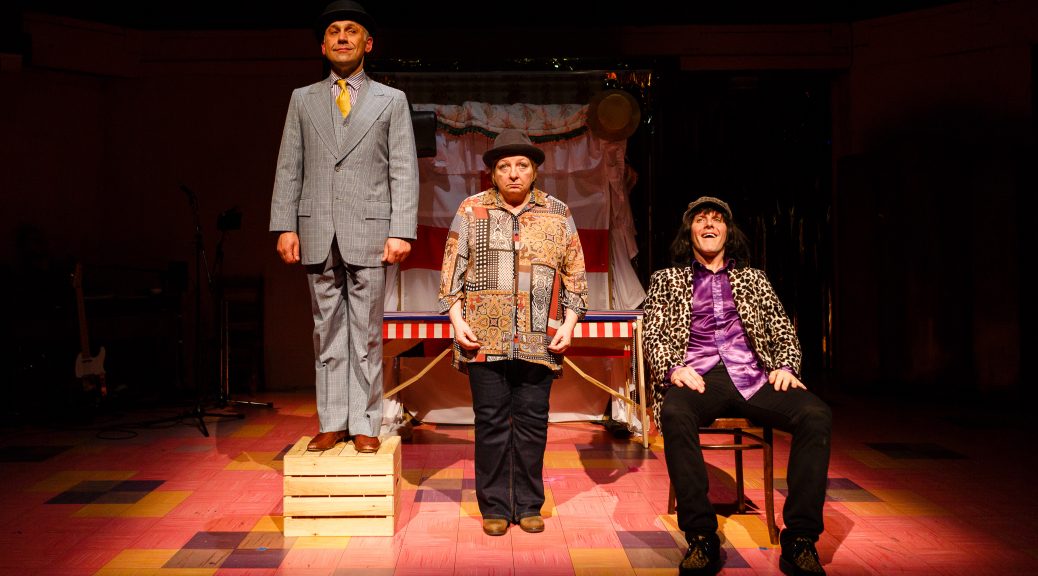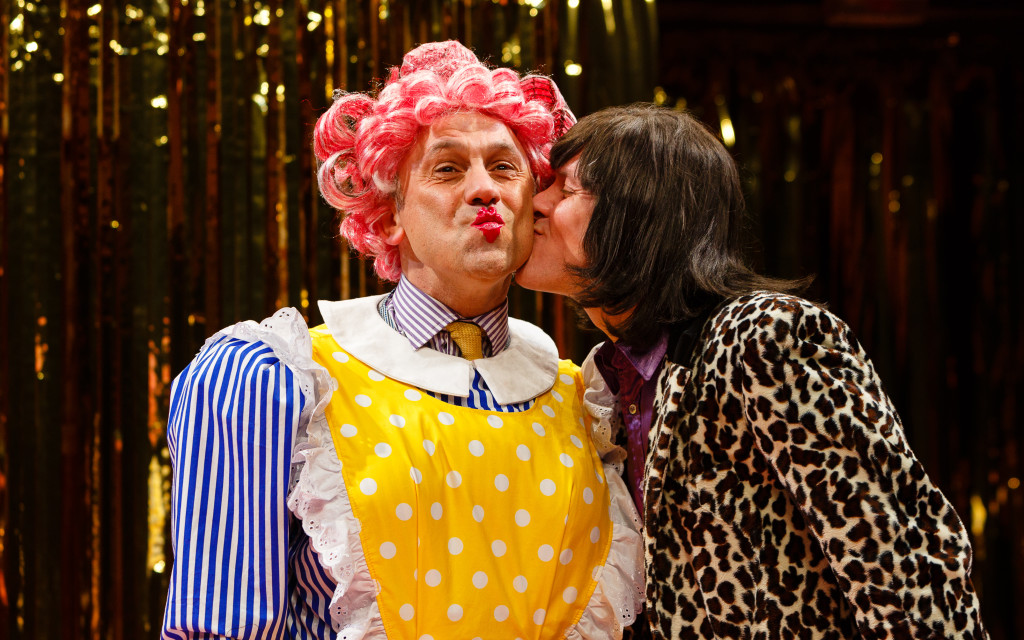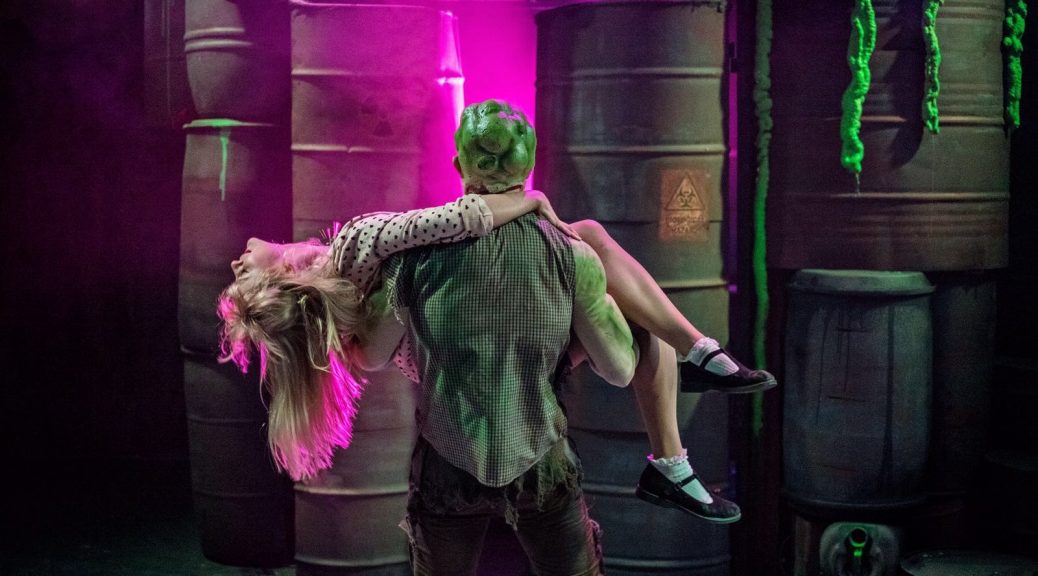Maury Yeston’s musical, set on the doomed ocean liner, won five Tony Awards, and praise for this production from the Southwark Playhouse has followed it around the world. Now that director Thom Southerland has taken up residence at an oddly charming venue underneath Charing Cross, there’s another chance to see the show. And it’s every bit as good as critics say.
Yeston, with the story and book from Peter Stone, succeeds in making a well-known story exciting enough. Seeing the ship as a microcosm of society is neat, if hardly novel. It’s all about the details, and a careful and inventive execution along with an ambitious and intelligent score ensure success here.
There’s the combination of observing different classes of passengers, mankind’s inevitable search for “progress”, and plenty of emotion when the boat sinks. Impressively, the dangers of Downton Abbey kitsch are avoided and the excitement and glamour of the boat is persuasive, despite audience hindsight. And get ready for tears before the end, with characters we have come to love at a rate of, well it would have to be, knots.
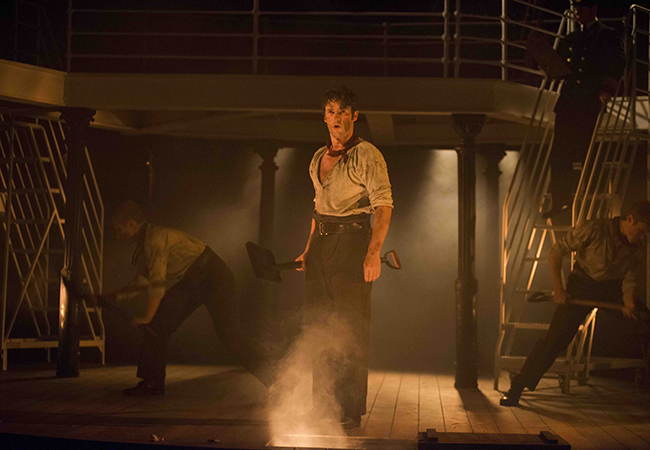
The production is hugely impressive. Southerland’s direction is faultless, a miracle of economically effective staging. David Woodhead’s set and costume design are smart, facilitating swift role changes for the 20-strong cast. Yes, 20 –and all performing at the highest standard. One bold thing about Titanic is that there aren’t ‘leading’ roles so it isn’t really fair to highlight individual performers. But indulge me. Niall Sheehy’s role as a coal miner stands out (there just aren’t enough songs about men from the Midlands in musicals) and I can’t resist pointing out that the cast includes the excellent Victoria Serra.
Of course, it’s Yeston who’s the real star. The lyrics, filled as they are with facts and figures, could so easily have failed, but the score energises them remarkably: combining waltz themes with historical references such as rag, inspired contemporary touches and a big choral sound that uses that huge cast superbly. This is a truly accomplished score. Adoration of the ship, described as a “perfectly working machine” could carry to a critique of the musical – its well-engineered construction is a marvel.
Until 13 August 2016
Main photo by Scott Rylander

